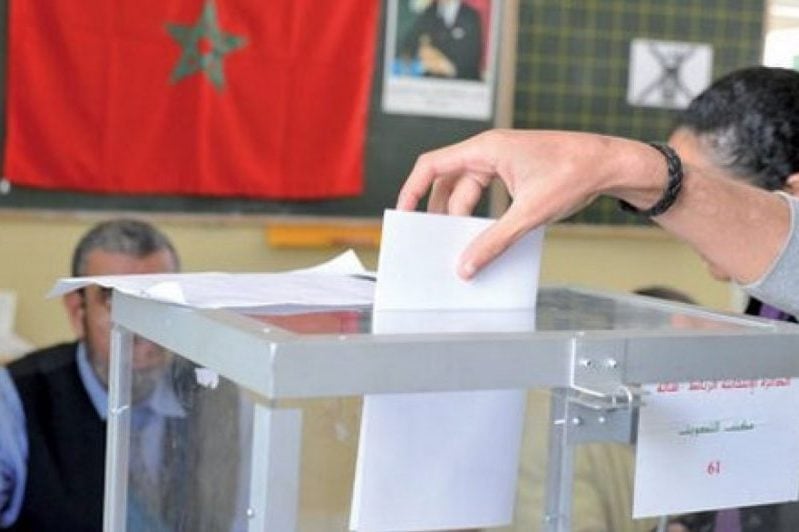Call for Fresh Leadership in Moroccan Politics to Reconnect with Disillusioned Youth

The Need for Change in Moroccan Political Parties
A recent study published in the government-run journal Youth Issues highlights the urgent need for Moroccan political parties to modernize their structures and empower young voices. According to the research, the current state of political engagement among youth is concerning, with many feeling disconnected from the political process.
The report, led by political science expert Jamal Chaari, reveals a significant level of disillusionment among Moroccan youth. It points to a growing sense of alienation from political institutions and electoral processes. This disengagement is attributed to outdated leadership within political parties and a lack of meaningful inclusion of younger generations.
Chaari’s findings emphasize that younger citizens feel ignored or sidelined within party structures. To re-engage this demographic, the report recommends that political parties refresh their leadership, support youth-led reforms, and grant real independence to their youth wings. Without these changes, the report warns, the trend of youth disengagement will likely continue to worsen.
Institutional Reforms for Greater Participation
In addition to internal party reforms, the study calls for broader institutional changes to make political participation more accessible and appealing to young citizens. Key recommendations include establishing fairer electoral systems, redrawing district boundaries, increasing the authority of independent electoral commissions, and strengthening the role of opposition parties in political education and civic engagement.
These measures aim to create a more transparent and inclusive political environment. However, the report also identifies several logistical and procedural barriers that contribute to the alienation of young voters. These include issues such as the failure to deliver voter cards, holding elections during summer holidays, and the overwhelming number of political parties—many with similar names—that cause confusion at the ballot box.
Systemic Challenges and Frustrations
The report notes that Moroccan youth are not only disillusioned by outdated leaders but also frustrated by an entire political system that feels inaccessible and unresponsive to their concerns. Many political parties are criticized for being entrenched in the past, run by the same figures for years, and plagued by internal power struggles that stifle reform and alienate fresh talent.
These dynamics, according to the study, are detrimental to both the vitality of political parties and public trust. The report argues that piecemeal reforms or short-term initiatives will not be sufficient to address these deep-rooted issues.
A Long-Term Strategy for Inclusion
Ultimately, the study stresses the importance of a long-term, inclusive political strategy that places young people at the heart of decision-making. Without such a strategy, Morocco risks continued cycles of political apathy, low voter turnout, and an ever-widening gap between youth and their representatives.
The call for change is clear: Moroccan political parties must take decisive steps to modernize their structures, empower young voices, and create a more responsive and inclusive political environment. Only then can they hope to rebuild trust among the country’s youth and ensure a more vibrant and engaged political future.

Comments
Post a Comment